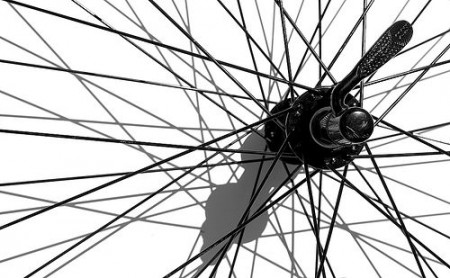
The image of a carefully crafted Chinese juggernaut, controlled and steered by the all-knowing Chinese Communist Party (CCP) has proven surprisingly resilient and enduring in public debates about China, its policies and its rise. The sheer complexity and diversity of the country and its problems are often obscured by the triumphalist (and sometimes blatantly simplistic) accounts of China and its future. Ignoring not only the complexity of the situation that China finds itself in as modernization kicks in full force, such accounts also overstate the ability of the Beijing administrators to steer a unified course.
Behind the curtains power struggles play out and are gaining rare publicity. They play out at the central level, at the provincial level and between central administrators and independent-minded local leaders. They play out between the government and the people; between globalists and fervent nationalists that exert surprising power over a government that has no electoral promises to keep. They also play out between the future leaders of the country, eager to rise up the ranks and to secure influential positions in the Politburo Standing Committee of the CCP as the old guard starts to retire.
Recently the PR-savvy and influential Commerce Ministry and the Chinese central bank got into a rather public spat about the very topical and controversial currency issue. As the US continues to put pressure on China to let its currency, the renminbi, appreciate (thus reducing the competitiveness of Chines products on the world market and particularly in the US), Chinese leaders- from banking to business- are airing their views on the globally problematic policy of keeping the renminbi pegged to the dollar.
While the governor of the central bank (an entity far less powerful than the Bank of England or the Fed, for example) announced, to the surprise of, well, everyone, at the beginning of March that the constant exchange rate was a “special” response to global economic turmoil (implying that it is temporary, as the NYT article states), Commerce Ministry officials have responded by stating, on numerous occasions, that China will not be told what to do by the US and that pressure to revise currency policy is “irrational.”
With heavily nationalistic tones coloring the words and reactions of the Commerce Ministry, the central government might be playing a game intended to placate nationalist sentiments while showing the US that some movement may be forthcoming. It may also be a sign of increasing pluralism and competing interests playing out among top officials, outside President Hu Jintao’s control. Who wins this battle might have a profound impact on Sino-US economic relations. It may even make or break the so-called ‘G2’ and will certainly affect the course of global efforts to curb climate change and to reign in rogue states.
Such intra-departmental bickering has featured in Chinese foreign policy as well, with Taiwan being a key historical battleground for the People’s Liberaton Army (PLA) and the Ministry of Foreign Affairs. While it isn’t new, its increasing visibility is challenging the popularly held view of an unstoppable monolith and tying, more intimately than ever, the eventual success of China’s rise to the ability of its top leaders to steer a responsible and pragmatic course in a country where atavistic nationalism and societal, regional and economic fragmentation is perhaps more prevalent than ever.
Policymaking in China is by no means transparent and will undoubtedly continue on its opaque course for the time being. But the curtain has been lifted and we can at least peek at the complexity that lies beyond.

